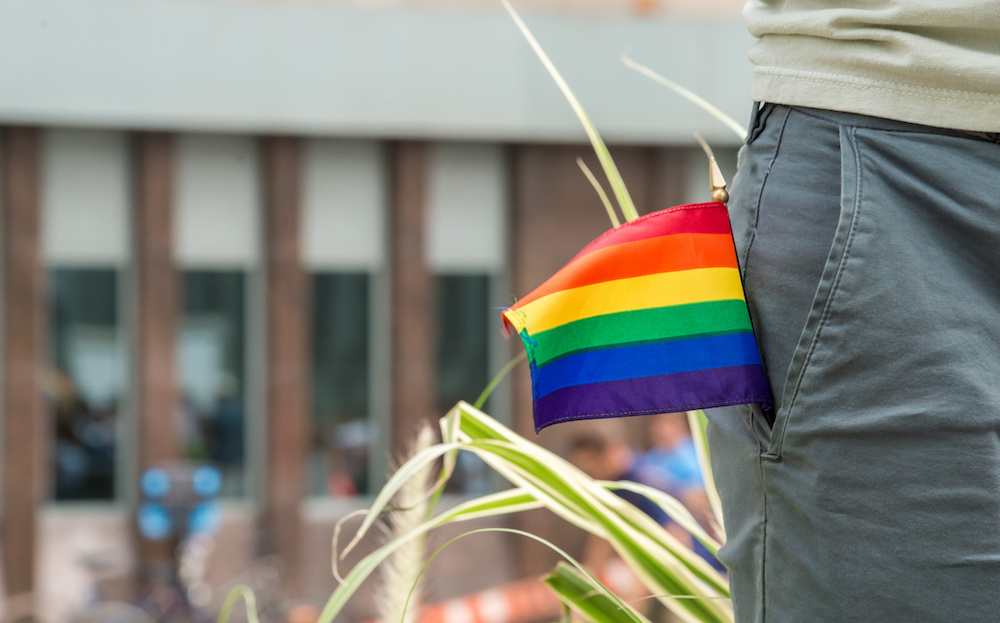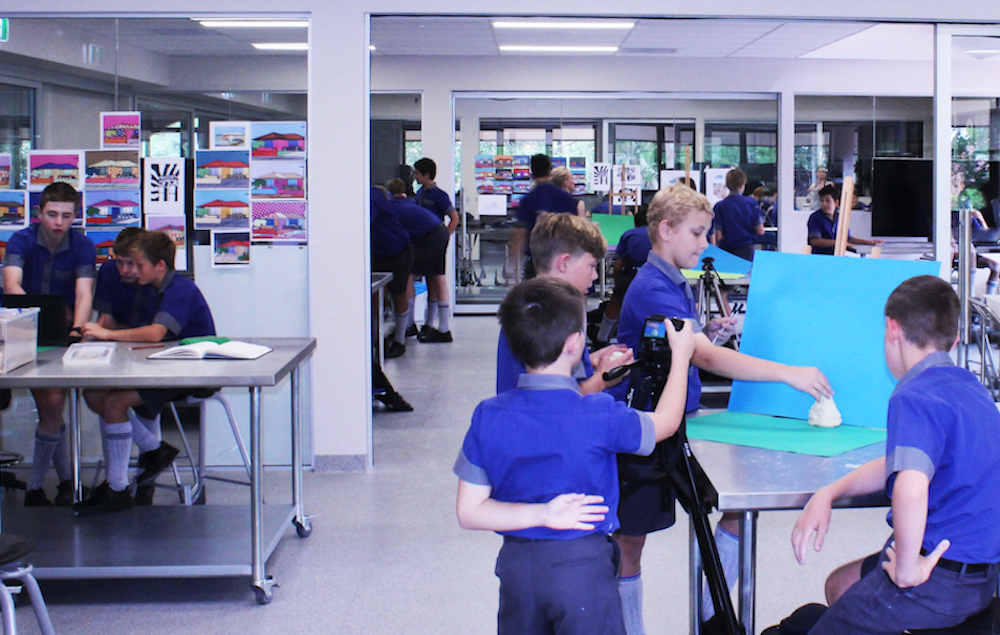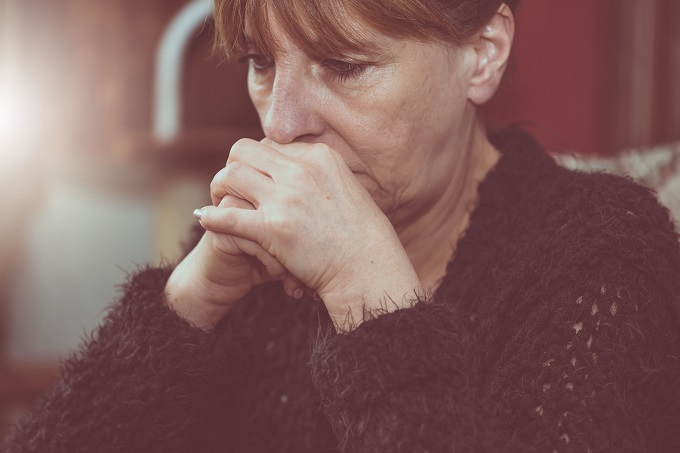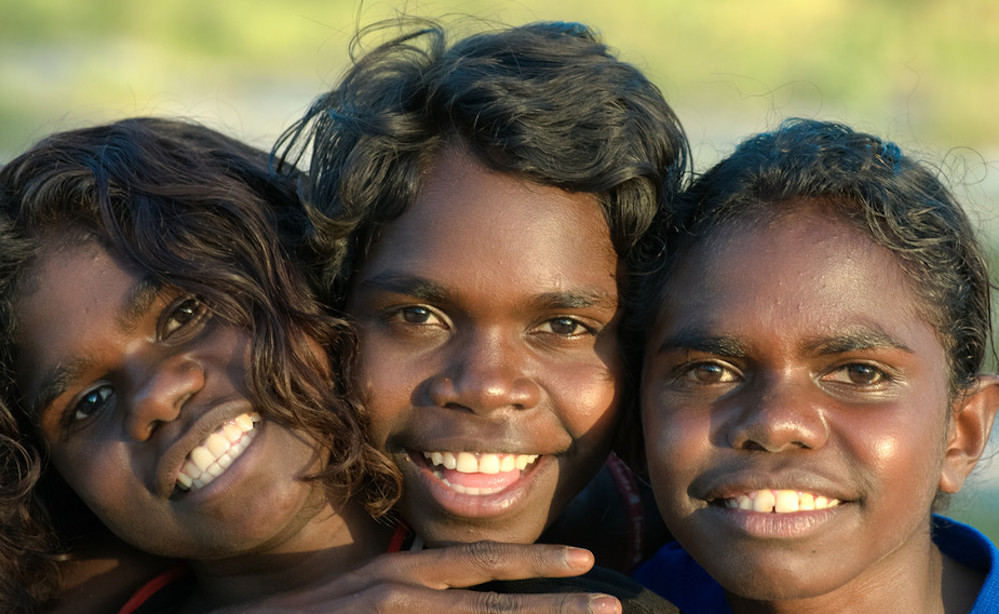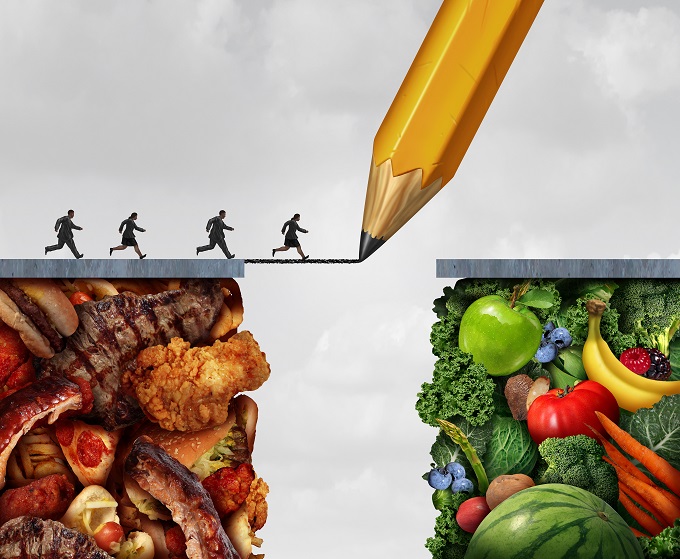Beyond ‘I hate reading’: How authors are raising awareness for dyslexia
Australian #AuthorsForDyslexia share their personal stories and book recommendations
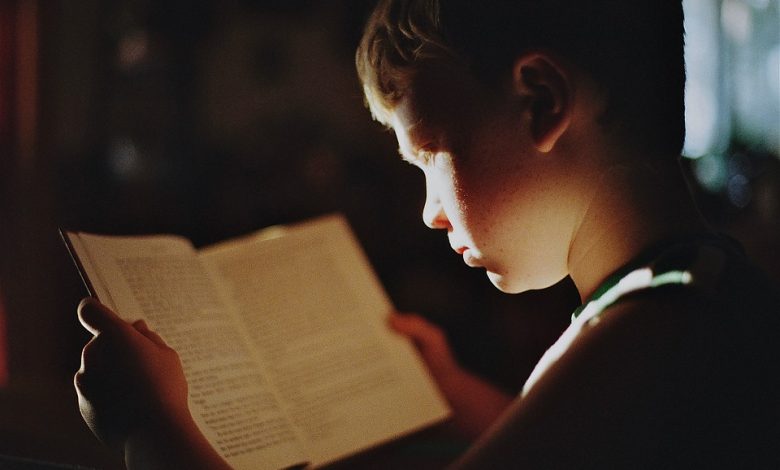
“My son’s reading plateaued in grade three, which is also when he started saying things like: ‘I hate school, I hate books and I hate reading;,” Sally Rippin says. “As a writer, I hoped if I wrote him books I thought he would want to read, that would be the incentive he needed to want to learn to read. But I couldn’t have been more wrong.”
Read the latest print edition of School News HERE
The name Sally Rippin is familiar to all. The author of over 100 books including Billie B. Brown and Hey Jack, and the Australian Children’s Laureate for 2024 and 2025, Sally is also the parent of a child with dyslexia.
“Parents are often led to believe that if they read to their child and surround them with books, reading will come naturally to them. I was one of those parents. But this is just a damaging myth. It’s not fair to the child, who isn’t being taught explicit reading skills but also to the parents who end up believing that they could have done more or could have done better.” Sally Rippin
Sally Rippin is one of a group of Australian authors, who have banded together to be the #AuthorsForDyslexia the hope of raising awareness this October. As a group they have certain things in common – they are all authors and they are all parents of a child with dyslexia.
“I believe it’s important that we bring awareness to dyslexia and the trouble some children have when kids are learning to read,” says children’s author and WA Writer’s Fellowship winner, Kylie Howarth. “Mine disliked their school readers so much that I ended up making all these little mini readers that I would put in their lunchboxes, so at school at lunchtime they could see learning to read was fun and fun, and it should be fun for all kids.”
Those little lunchbox readers have now been published into Howarth’s latest book, Kev and Trev: Snot Funny Sea Stories. Like Sally, she was inspired by her own children’s difficulty reading to create books that were accessible and appealing.
Along with Rippin and Howarth, other Australian authors raising awareness this month are Sara Foster and David Whish-Wilson, both best-selling crime authors, children’s author Adrian Beck, and author and School News journalist, Shannon Meyerkort.
Over the course of the month, the group have been sharing short videos online celebrating their favourite books, characters with dyslexia, people they admire and their own personal stories about being parents of children with dyslexia.
Wild Things by Sally Rippin is a favourite amongst the group, her profound and thoughtful memoir of her youngest son’s experiences growing up with dyslexia.
“Parents and teachers can get so much out of Wild Things,” Adrian Beck, author of many children’s books including the decodable Fox Kid series, says. “It reminds us that we are not alone and when you take your first few steps into the world of dyslexia it can be quite overwhelming…. But there are so many practical tips that Sally shares and it really gives you hope that you can do something meaningful to help your children.”
Another book recommended by the #AuthorsForDyslexia, is Shannon Meyerkort’s Brilliant Minds: 30 Dyslexic Heroes Who Changed Our World.
“My youngest son was diagnosed pretty late, when he was about 14 years old, so it’s required a lot of adjustments on all our parts in terms of how he learns,” author David Whish-Wilson says. “Brilliant Minds is a favourite book in our family, because it’s very practical. My son is not a big reader at the moment, he’s just about to turn 16, but it is a book he returns to time and again and it sits on his bedside table, because it inspires him.”
All The Ways to Be Smart is recommended by Howarth. “It shows kids that it’s not just about top grades at school.” She adds that she is in deep admiration for children “who go to school in a system that’s not set up to support dyslexic kids [but] who pull up their socks and go every day and do their best.”
Books that support people and families with dyslexia:
Wild Things by Sally Rippin
Brilliant Minds: 30 Dyslexic Heroes Who Changed Our World by Shannon Meyerkort
All The Ways to Be Smart by Davina Bell
Creative Successful Dyslexic by Margaret Rooke
What can schools do to be more inclusive of children with dyslexia?
“I hope schools encourage teachers to advocate for the support they need in the classroom, which will then trickle down to the kids who have learning differences,” says Sara Foster. “And that schools also listen to advocates for children with dyslexia and send out positive messages about dyslexia, so the kids understand they learn differently and don’t end up feeling there’s something wrong with them.”
This is something Sally Rippin also strongly advocates for – ensuring that children with learning difficulties understand that their difference is not something to be ashamed of, a message that is particularly important when coming from outside the family.
“Many teenagers give the impression that they aren’t all that interested in what their parents have to say,” says Rippin. “The truth is they secretly are, but they want to look like they’re doing something different, and that’s where teachers can step in. Teachers are the mentors and guides that all our adolescents need as they begin to differentiate from their parents.”
Whish-Wilson adds that a supportive school and teachers can make an enormous difference to a child who is struggling. “My son was diagnosed pretty late, when he was about 14 years old, so it’s required a lot of adjustments on all our parts in terms of how he learns. The school he goes to is pretty supportive but every day I watch him struggling with processing but because of the help he’s getting, it’s really turning his life around.”
Honourary #AuthorForDyslexia, Jackie French, an author with dyslexia, sends this message to any student who is struggling:
“One thing you do need though, is to ask for help. All of us learn to read in different ways, it’s not just you. And by asking for help, you are actually doing people a favour. There are so many people who want to help. Teachers become teachers because they want to teach. Parents will want you to learn to read. Librarians and people like me will want you to know the absolute magic world you will find in books.”
With an estimated 5 to 10 percent of the population having dyslexia, children with learning differences are making up an increasing proportion of every classroom. By raising awareness, the #AuthorsForDyslexia hope to broaden the conversation around difference and help ensure that schools and teachers get the support they need to help our children. Dyslexia does not discriminate and no matter how much parents might want it, no matter how many books are read to children, helping children with dyslexia requires a system-wide approach.
“I hope what this month does, is that it gets those people in power to accept a little bit more that there are people out there who learn differently, but they can contribute just as much. I also hope that those kids out there who are struggling to read, I hope they know that their future is not set and hope they know they have permission to dream just as big as any other kid out there.” Adrian Beck
Related article: Dear Teacher, What I Want You To Know Dear Teacher, what I want you to know: a letter from Sally Rippin – SchoolNews – Australia (school-news.com.au)
Related article: Op Ed. Why Brilliant Minds Should Enter Your School Library Op Ed: Why Brilliant Minds should enter your school library – SchoolNews – Australia (school-news.com.au)
Related article: Writing for Dyslexic Readers create books that were accessible

